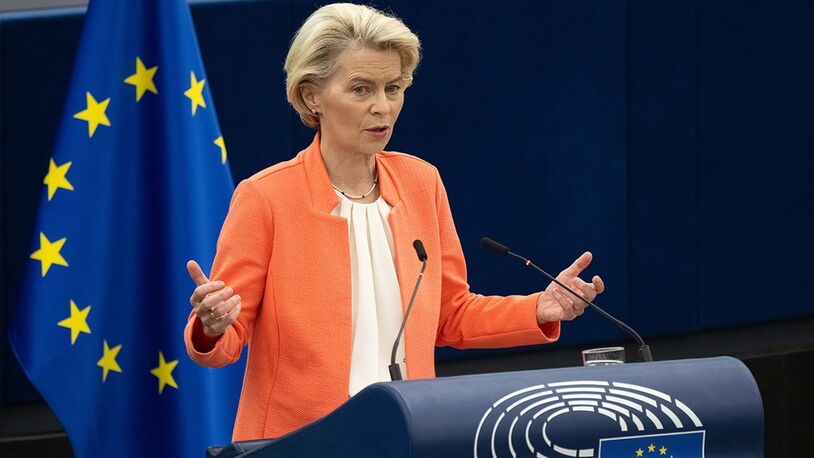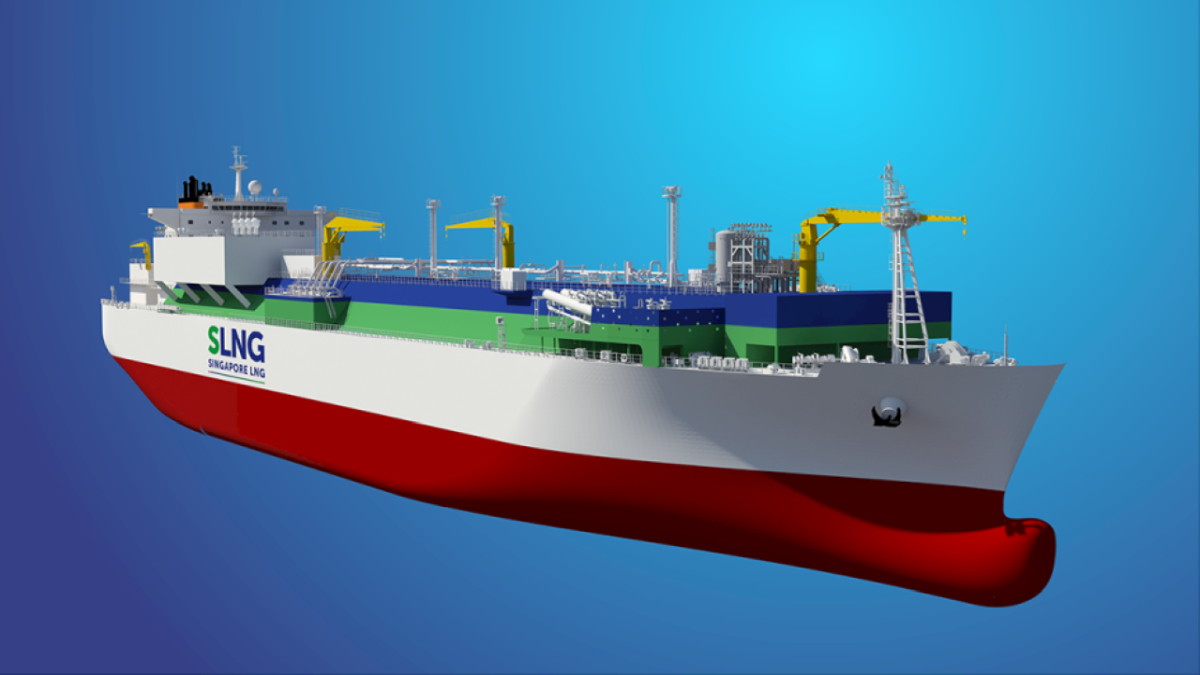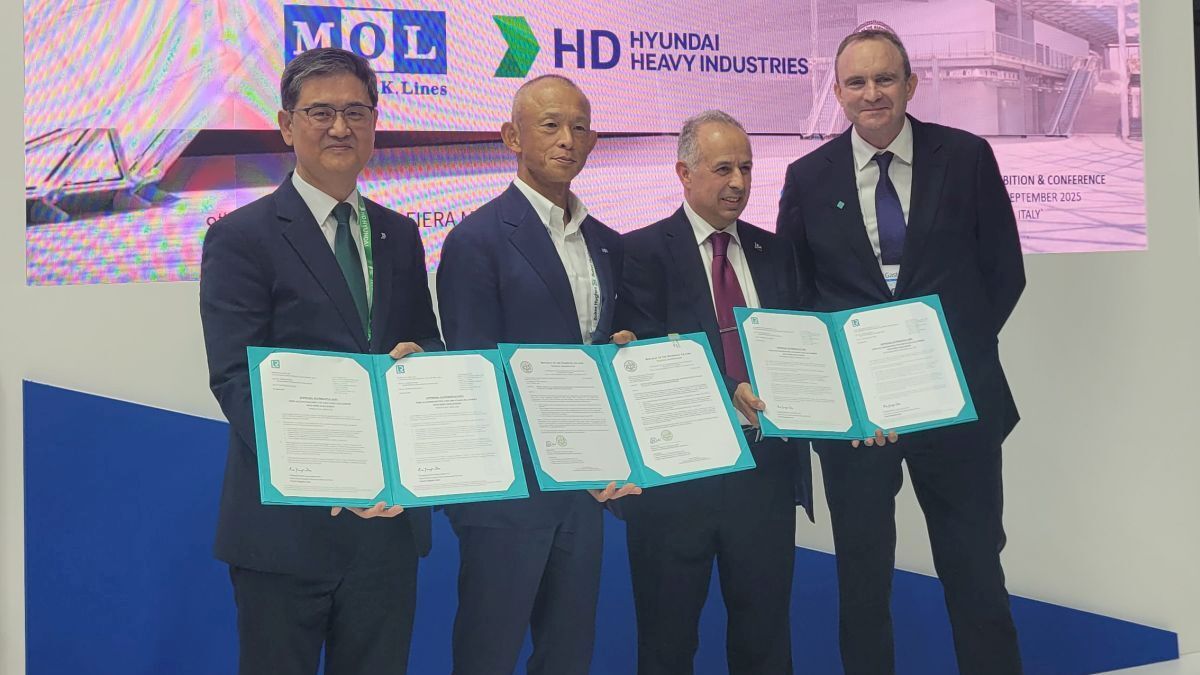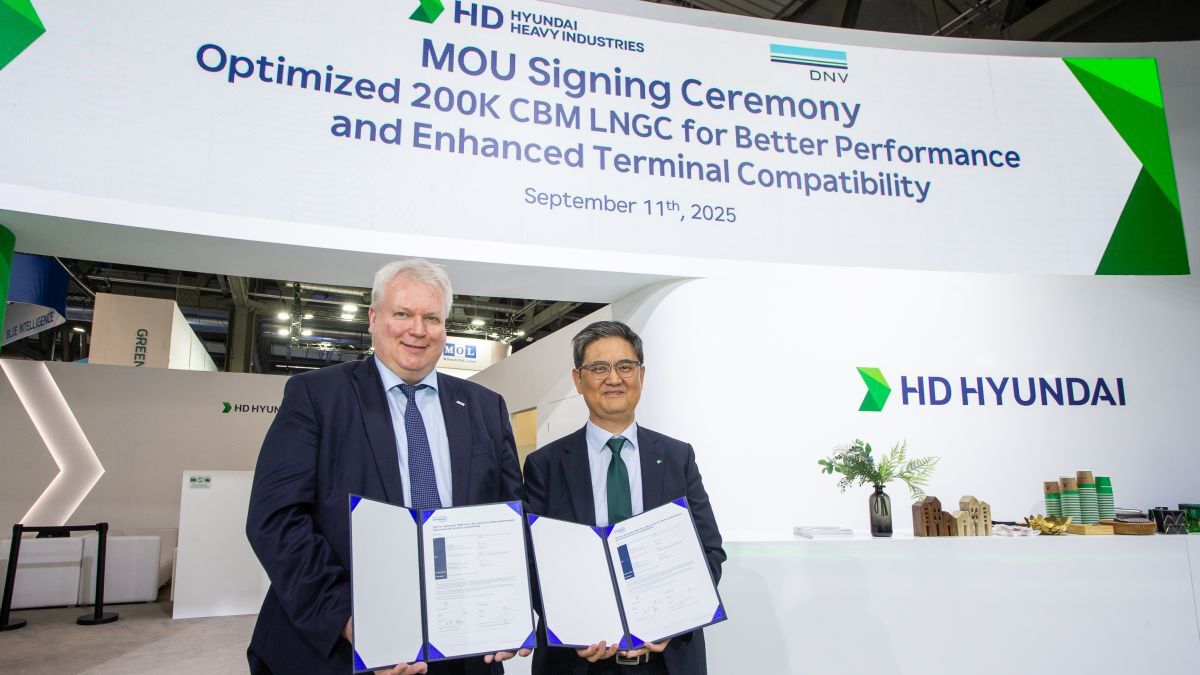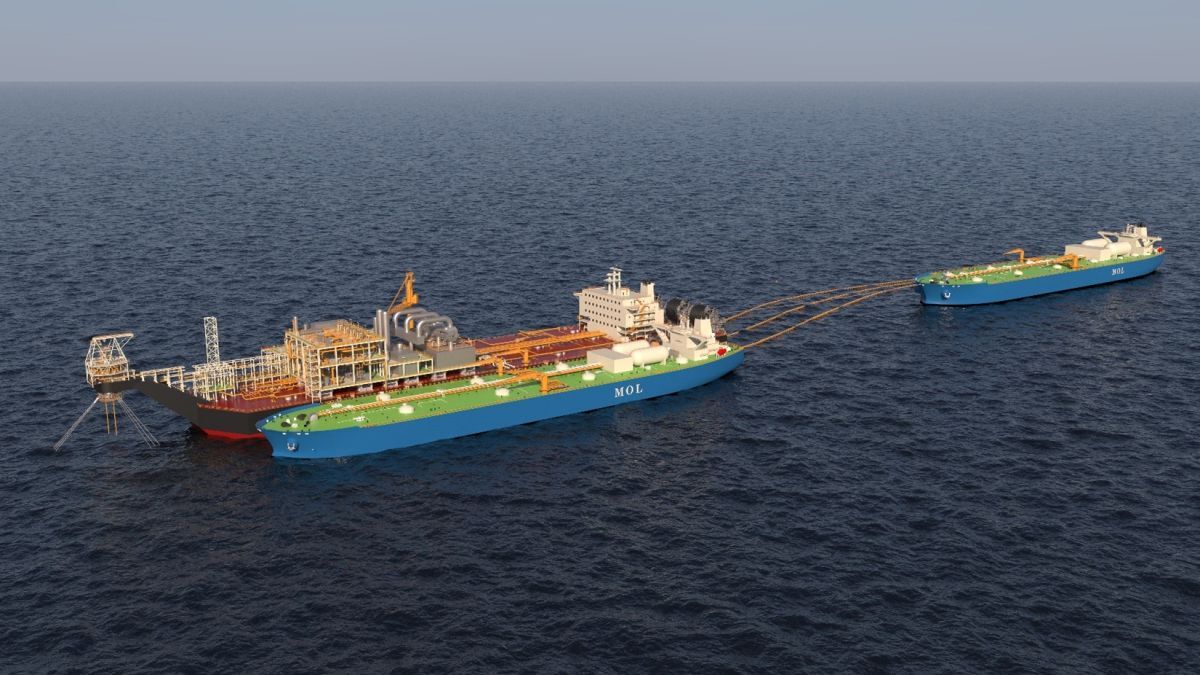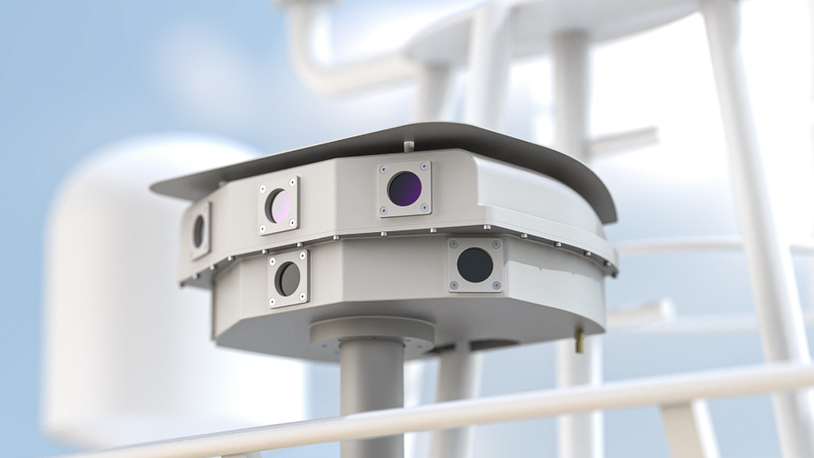Business Sectors
Contents
Register to read more articles.
'Control premiums': shipping families pay big to take over listed companies
’Control’ is the driving force behind the hefty premiums paid in recent weeks by prominent shipping families seeking to take over publicly listed companies
The Latsis family made headlines last week after acquiring 51.04% of Aristides Pittas-led Euroholdings, marking its first transaction involving the US public markets.
On 20 June, Euroholdings shares closed at US$6.61. The next day, certain shareholders affiliated with the Pittas family sold their stake to the Latsis-led Marla Investments for US$12.90 per share in cash.
Cavalier Shipping founder James Lightbourn analysed the transaction and found that Marla paid a 95% premium to Euroholdings’ stock price and a 32% premium to its estimated net asset value (NAV).
Mr Lightbourn noted similarities between the Euroholdings deal and CMB.TECH’s acquisition of John Fredriksen’s stake in Golden Ocean, a dry bulk specialist. In that deal, the Saverys family led owner paid US$14.49 per share, compared with the market price of US$10.06 – an implied premium of 44%. The NAV was estimated at US$12.00, indicating a 26% premium to NAV.
When asked why such premiums would be justified, Mr Lightbourn pointed to one main factor: control.
“The acquirers took control of the board of directors and, with it, gained the ability to appoint their own management team and chart the company’s course going forward,” he said.
Making sense of the numbers
While the control premiums paid in such deals may appear arbitrary or excessive, Mr Lightbourn argued they are reasonable when shares are viewed in two distinct categories: controlling shares and the remainder of non-controlling shares.
In the Euroholdings example, the 51.04% controlling stake was bought at US$12.90 per share, while the remaining 48.96% of non-controlling shares were trading at US$6.61. This results in a control-weighted average price of US$9.82 per share – compared with the estimated NAV of US$9.75.
The weighted average valuation aligns closely with NAV, making these deals appear more rational than they initially suggest.
Who’s next?
Commenting on future takeover possibilities in the listed shipping sector, Mr Lightbourn told Riviera that identifying controlling shareholders who may be willing sellers – if they can achieve similar NAV premiums – will be key.
“I differentiate this slightly from companies with fragmented shareholder bases, where management has more say in a sale decision – and may be more reluctant if there’s a risk their roles could be made redundant post-closing,” he added.
Senior shipping analyst and head of Petrofin Research, Ted Petropoulos has noted the persistent undervaluation of many listed shipping companies – with share prices often trading below NAV – has attracted strong interest from aggressive investors.
Sign up for Riviera’s series of technical and operational webinars and conferences:
- Register to attend by visiting our events page.
- Watch recordings from all of our webinars in the webinar library.
Related to this Story
Events
Maritime & Offshore Community Golf Day 2025
Offshore Wind Webinar Week
Maritime Decarbonisation, Europe: Conference, Awards & Exhibition 2025
Offshore Support Journal Conference, Americas 2025
© 2024 Riviera Maritime Media Ltd.



